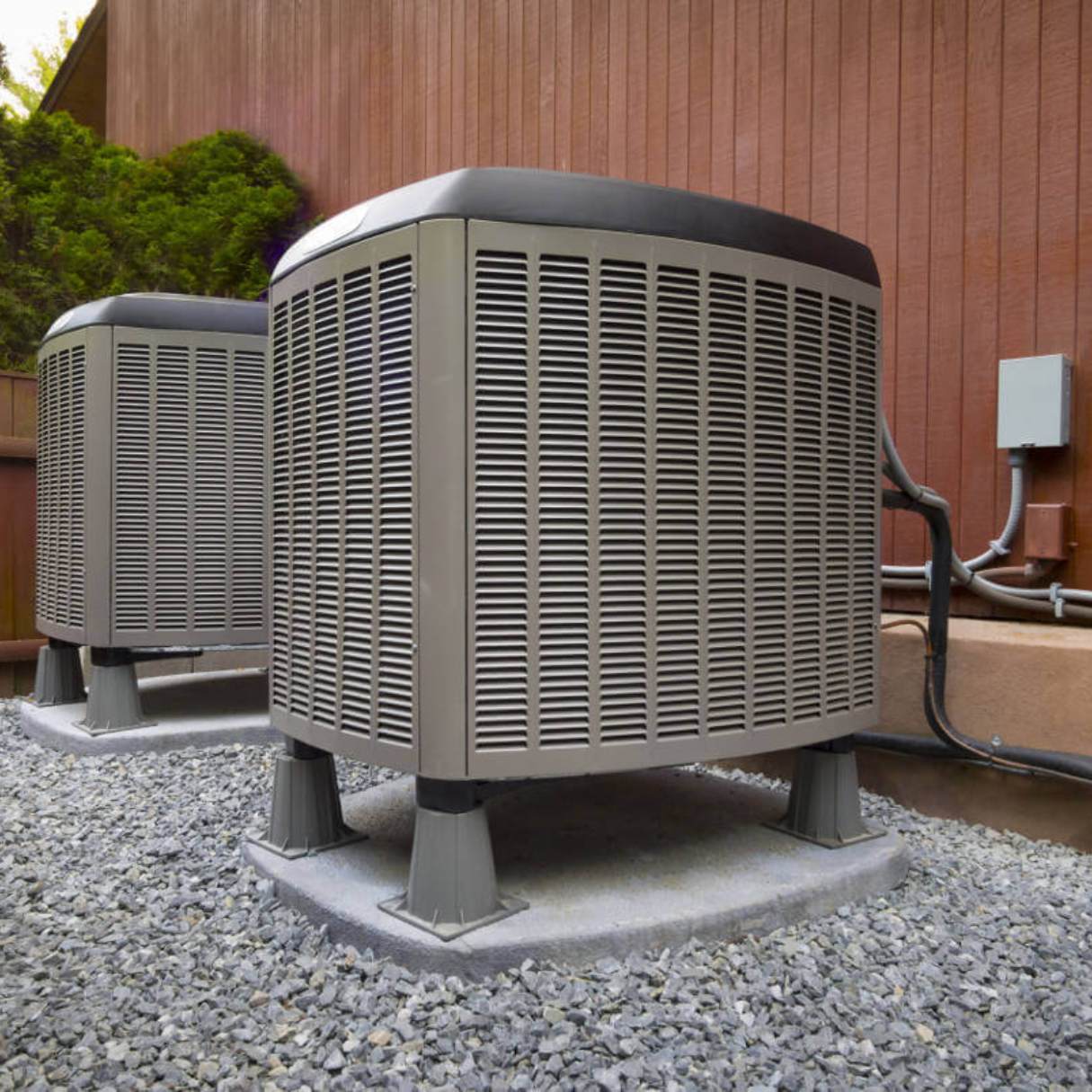

Articles
How Cold Should HVAC Air Be
Modified: January 6, 2024
"Discover the ideal temperature for HVAC air in this informative article. Learn how to optimize your HVAC system for maximum comfort and energy efficiency."
(Many of the links in this article redirect to a specific reviewed product. Your purchase of these products through affiliate links helps to generate commission for Storables.com, at no extra cost. Learn more)
Introduction
When it comes to HVAC systems, air temperature plays a crucial role in providing comfort and maintaining a healthy indoor environment. HVAC, which stands for Heating, Ventilation, and Air Conditioning, is responsible for regulating the temperature and air quality in residential, commercial, and industrial spaces. The temperature of the air being distributed by the HVAC system can significantly impact the overall comfort and well-being of occupants.
In this article, we will delve into the importance of HVAC air temperature, explore the factors that affect it, discuss the optimal temperature range, and examine the effects of both cold and warm HVAC air. We will also explore various methods and technologies used to control the temperature of the air circulated by HVAC systems.
Understanding the significance of HVAC air temperature is crucial for anyone involved in the installation, maintenance, or operation of HVAC systems. It can also be valuable knowledge for homeowners and business owners who want to ensure optimum comfort and energy efficiency in their spaces.
So, let’s dive in and explore the fascinating world of HVAC air temperature and its impact on our daily lives.
Key Takeaways:
- Maintaining the right HVAC air temperature is crucial for comfort, energy efficiency, and indoor air quality. Factors like thermostat settings, insulation, and airflow play a significant role in achieving optimal conditions.
- Understanding the effects of cold and warm HVAC air is essential for optimizing temperature settings. Utilizing advanced control methods such as zoning systems and smart HVAC controls ensures precise temperature control for improved comfort and energy efficiency.
Read more: Why Is My HVAC Not Blowing Cold Air
Importance of HVAC Air Temperature
The air temperature provided by HVAC systems is of utmost importance for maintaining a comfortable indoor environment. Whether it’s a hot summer day or a chilly winter night, having the right air temperature can significantly impact our daily lives.
One of the primary reasons why HVAC air temperature is important is for thermal comfort. It is crucial for individuals to feel comfortable in their living or working spaces to maintain productivity, focus, and overall well-being. If the air temperature is too hot or too cold, it can lead to discomfort, distraction, and even negative health effects.
Moreover, HVAC air temperature plays a vital role in energy efficiency. When an HVAC system is set to an appropriate temperature, it can efficiently cool or heat a space without excessive energy consumption. This not only helps reduce utility bills but also contributes to the global effort to conserve energy and protect the environment.
In addition to comfort and energy efficiency, HVAC air temperature is also crucial for maintaining indoor air quality. When the air temperature is too high or too low, it can create conditions that promote the growth of mold, mildew, or bacteria. This can lead to poor indoor air quality, which can cause respiratory issues, allergies, and other health problems.
Furthermore, the air temperature in HVAC systems can affect the performance and longevity of various equipment. For example, if the air temperature is too cold, it can cause condensation and ice buildup on coils, leading to decreased efficiency and potential damage to the system. On the other hand, if the air temperature is too hot, it can put excessive strain on the components, leading to premature wear and tear.
Overall, maintaining the right HVAC air temperature is crucial for comfort, energy efficiency, indoor air quality, and equipment performance. It not only contributes to a healthier and more comfortable living or working environment but also helps minimize energy consumption and reduce maintenance costs. Therefore, it is essential to understand the factors that affect HVAC air temperature and implement appropriate control measures to ensure optimal conditions.
Factors Affecting HVAC Air Temperature
Several factors can influence the air temperature produced by an HVAC system. Understanding these factors is crucial for effectively controlling and maintaining the desired temperature in a space. Let’s explore some of the key factors that affect HVAC air temperature:
- Thermostat Settings: The thermostat is the control center of an HVAC system. It allows users to set the desired temperature in a space. The thermostat communicates with the HVAC unit to adjust heating or cooling output to achieve the set temperature.
- Outdoor Temperature: The outdoor temperature can significantly impact the air temperature produced by an HVAC system. In colder climates, the system works harder to produce warmer air, while in warmer climates, it focuses on cooling the air. HVAC systems implement various strategies, such as heat pumps or cooling towers, to adjust the air temperature based on outdoor conditions.
- Ductwork Design: The design and condition of the ductwork play a crucial role in maintaining the desired air temperature. Properly insulated ducts help prevent heat or cooling loss, ensuring that the air temperature remains consistent as it travels from the HVAC unit to the different areas of the building.
- Insulation Levels: Building insulation is vital for maintaining a consistent air temperature. Proper insulation helps minimize heat gain during hot weather and heat loss during cold weather, reducing the workload on the HVAC system.
- Airflow: Adequate airflow is necessary for effective temperature control. HVAC systems rely on proper airflow to distribute the conditioned air evenly throughout a space. Restricted airflow can lead to temperature variations and reduced overall system efficiency.
- HVAC System Efficiency: The efficiency of the HVAC system itself can affect the air temperature output. High-efficiency systems can achieve the desired temperature more effectively, resulting in improved comfort and energy savings.
- Occupancy and Heat Load: The number of occupants and the heat generated by various sources in a space, such as appliances, lighting, and electronic devices, can impact the air temperature. Higher occupancy and increased heat load require the HVAC system to work harder to maintain the desired temperature.
- Maintenance and System Age: Regular maintenance of HVAC systems is crucial for optimal performance. Properly maintained systems operate more efficiently and can maintain the desired air temperature accurately. Aging systems may experience reduced efficiency and heating/cooling capacity, leading to inconsistent air temperatures.
By considering and addressing these factors, HVAC professionals can effectively control and maintain the desired air temperature in a building, ensuring comfort, energy efficiency, and optimal system performance.
Optimal HVAC Air Temperature Range
Determining the optimal air temperature range for an HVAC system is crucial for achieving comfort and energy efficiency. The ideal temperature can vary depending on individual preferences, climate conditions, and the specific function of the space. However, there are generally accepted guidelines that help establish the optimal HVAC air temperature range for different settings:
- Residential Settings: In most residential settings, a recommended temperature range for optimal comfort is between 68°F (20°C) and 72°F (22°C) during the heating season. During the cooling season, a range of 74°F (23°C) to 78°F (25°C) is typically recommended. These temperature ranges provide a good balance between comfort and energy efficiency.
- Commercial Settings: In commercial buildings, the optimal temperature range can vary depending on the specific needs of the space and the activities conducted within. Generally, a range of 68°F (20°C) to 75°F (24°C) is recommended for office spaces, while areas with higher physical activity levels, such as gyms or warehouses, may have slightly lower temperature ranges.
- Industrial Settings: Industrial settings often require specific temperature ranges to ensure equipment functionality and worker safety. For example, in manufacturing or storage facilities, temperature ranges can vary from 60°F (15°C) to 80°F (27°C) depending on the materials or products involved. Specialized industries, such as food production or pharmaceuticals, may have even stricter temperature requirements.
- Server Rooms/Data Centers: Server rooms and data centers require precise control of the air temperature to prevent overheating and ensure the proper functioning of equipment. Typically, a range of 68°F (20°C) to 77°F (25°C) is recommended for these sensitive environments, with humidity levels also carefully regulated.
It’s important to note that individual comfort preferences can vary, and some people may prefer slightly higher or lower temperatures. It’s also worth considering energy efficiency when setting the temperature. Each degree of adjustment can have a significant impact on energy consumption and utility costs. Implementing programmable thermostats or smart HVAC controls can help optimize temperature settings based on occupancy patterns and individual preferences.
Ultimately, finding the optimal HVAC air temperature range involves striking a balance between comfort, energy efficiency, and the specific requirements of the space. Consulting with HVAC professionals can help determine the most appropriate temperature range based on factors such as climate, building occupancy, and desired comfort levels.
The ideal temperature for HVAC air is typically between 75-78°F for cooling and 68-72°F for heating. However, individual comfort preferences may vary. Regular maintenance and cleaning of the HVAC system can help ensure optimal performance and efficiency.
Effects of Cold HVAC Air
While HVAC systems are designed to provide comfort, cold air produced by these systems can have certain effects on occupants and the indoor environment. Understanding these effects is crucial for optimizing HVAC performance and ensuring a comfortable and healthy living or working environment. Let’s explore some of the effects of cold HVAC air:
- Discomfort: Cold air can create discomfort for occupants, especially if the temperature is set too low. Prolonged exposure to cold air can lead to feelings of chilliness, shivering, and overall discomfort.
- Dryness: Cold air tends to be drier, which can result in dry skin, dry eyes, and irritated nasal passages. Low humidity combined with cold air can exacerbate existing respiratory conditions such as asthma or allergies.
- Increased Energy Consumption: If the HVAC system is set too low, it works harder to produce and maintain the cold air temperature. This increased workload results in higher energy consumption and potentially higher utility bills.
- Potential Health Issues: Prolonged exposure to cold air can weaken the immune system, making individuals more susceptible to respiratory infections and cold-related illnesses. It’s important to maintain a balance between cooling and comfort to prevent health issues.
- Condensation and Moisture Issues: Cold air can cause condensation on surfaces and inside the HVAC system if not properly insulated. This can lead to moisture buildup, promoting mold or mildew growth, and potentially causing structural damage to buildings.
- Reduced Productivity and Comfort: Extremely cold air can affect productivity and focus, as occupants may find it difficult to concentrate in a chilly environment. Cold air can also lead to muscle stiffness and discomfort, further reducing comfort levels.
- Increased Wear on HVAC System: Consistently running an HVAC system at excessively low temperatures can put additional strain on the equipment, resulting in increased wear and tear. This can lead to reduced efficiency, higher maintenance costs, and potentially shorten the lifespan of the system.
- Temperature Variations: Cold air tends to settle, creating temperature variations within a space. Certain areas may feel colder than others, leading to discomfort for occupants and uneven distribution of conditioned air.
It’s important to find the right balance when setting the temperature for HVAC systems to avoid the negative effects of cold air. Regular maintenance and insulation updates can help prevent condensation and moisture issues, ensuring a comfortable and healthy indoor environment. Consulting with HVAC professionals can provide valuable insights and recommendations for optimizing temperature settings and addressing any specific concerns or challenges.
Read more: How Cold Should A Kegerator Be
Effects of Warm HVAC Air
Warm air produced by HVAC systems can have various effects on occupants and the indoor environment. While warm air is typically desired during the cold seasons, it’s important to manage the temperature effectively to ensure comfort and maintain a healthy living or working environment. Let’s explore some of the effects of warm HVAC air:
- Comfort: Properly warmed air creates a comfortable indoor environment, especially in cold weather. It helps maintain a cozy and welcoming atmosphere, allowing occupants to relax and go about their daily activities without feeling excessively cold.
- Dryness: Warm air tends to be drier, which can lead to dry skin, dry eyes, and increased respiratory discomfort, especially in individuals with pre-existing respiratory conditions. Humidity control measures should be implemented to ensure proper moisture balance in the indoor environment.
- Energy Consumption: When the HVAC system is set to warm the air, it consumes energy to produce the desired temperature. Keeping the temperature too high can result in increased energy consumption and utility costs.
- Health and Well-being: Warm air can be beneficial for individuals with certain health conditions, such as arthritis or respiratory issues. It helps promote better blood circulation and can alleviate symptoms such as stiffness and discomfort.
- Humidity Control: Warm air can hold more moisture than cold air. HVAC systems typically help control humidity levels in addition to temperature. Proper humidity control is essential for preventing issues such as mold growth, which can thrive in warm and humid environments.
- Comfortable Sleeping Environment: Many people prefer sleeping in a slightly cooler environment. Having warm air in the bedroom can lead to discomfort and difficulty falling asleep. Implementing temperature control zones or using programmable thermostats can help create a cooler sleeping environment while maintaining warmth in other areas of the building.
- Reduced Condensation: Warm air reduces the likelihood of condensation on surfaces and inside the HVAC system. This helps prevent moisture buildup, which can lead to mold growth and structural damage in buildings.
- Efficient Operation of the HVAC System: Operating an HVAC system within the recommended range of warm air temperature helps maintain its efficiency and prolong its lifespan. Extreme temperatures can put additional strain on the system, leading to increased wear and potential breakdowns.
Striking the right balance when setting the temperature for warm HVAC air is crucial to ensure optimal comfort and energy efficiency. Regular maintenance of the HVAC system, including cleaning filters, optimizing airflow, and inspecting insulation, contributes to its efficient operation and overall performance. Consulting with HVAC professionals can provide valuable insights and recommendations for achieving the ideal temperature settings that meet the occupants’ comfort needs and promote a healthy indoor environment.
HVAC Air Temperature Control Methods
Controlling the air temperature produced by HVAC systems is essential for maintaining comfort, energy efficiency, and a healthy indoor environment. Several methods and technologies are used to control HVAC air temperature effectively. Let’s explore some of the common HVAC air temperature control methods:
- Thermostat Control: Thermostats are the primary control devices for HVAC systems. They allow users to set the desired temperature and provide feedback to the HVAC unit. Modern thermostats come with programmable or smart features, enabling users to schedule temperature changes based on occupancy patterns and preferences.
- Zoning Systems: Zoning systems divide the building into multiple zones and provide separate temperature control for each area. This allows for customized temperature settings based on specific needs, maximizing comfort and energy efficiency. Zoning systems use dampers in the ductwork to direct airflow to specific zones based on temperature requirements.
- Variable Air Volume (VAV) Systems: VAV systems adjust the airflow and temperature to each zone based on demand. These systems use variable speed fans and modulating dampers to provide precise control over airflow and temperature, ensuring optimal comfort and energy efficiency.
- Variable Refrigerant Flow (VRF) Systems: VRF systems are designed to provide simultaneous heating and cooling to different zones within a building. They use advanced refrigerant flow control technology to individualize temperature settings for each zone, allowing independent control and maximizing energy efficiency.
- Energy Recovery Ventilation (ERV) Systems: ERV systems help control both temperature and humidity levels by exchanging heat and moisture between the incoming and outgoing air streams. This helps maintain a comfortable indoor environment while reducing energy consumption by using the energy from the exhaust air to condition the incoming air.
- Smart HVAC Controls: Smart HVAC controls integrate advanced technologies such as artificial intelligence and machine learning to optimize temperature control. These systems adapt to occupant behavior, weather conditions, and energy demand, continuously adjusting the air temperature to deliver maximum comfort and energy efficiency.
- Insulation and Sealing: Proper insulation and sealing of the building envelope play a crucial role in controlling air temperature. Insulating walls, roofs, and windows helps prevent heat gain or loss, ensuring that the HVAC system doesn’t have to work excessively to maintain the desired temperature.
- Proper Airflow Management: Proper airflow management is essential for effective temperature control. HVAC systems require balanced and unobstructed airflow for optimum performance. Regular maintenance, including cleaning or replacing air filters and ensuring that vents and registers are not blocked, helps maintain proper airflow and temperature control.
- Occupancy Sensors: Occupancy sensors detect movement within a space and can be used to adjust HVAC settings based on occupancy. By reducing temperature or airflow when spaces are unoccupied, occupancy sensors help save energy and optimize HVAC operation.
Implementing these HVAC air temperature control methods requires a comprehensive understanding of the building’s requirements and the specific needs of the occupants. Consulting with HVAC professionals can provide valuable insights and recommendations for selecting and implementing the most suitable control methods, resulting in improved comfort, energy efficiency, and indoor air quality.
Conclusion
HVAC air temperature plays a crucial role in providing comfort, energy efficiency, and a healthy indoor environment. Understanding the importance of HVAC air temperature and implementing effective control measures ensures optimal performance and a pleasant living or working environment.
We explored the various factors that affect HVAC air temperature, including thermostat settings, outdoor temperature, ductwork design, insulation levels, airflow, HVAC system efficiency, occupancy, and maintenance. By considering these factors, HVAC professionals can make informed decisions to achieve the desired air temperature and optimize system performance.
The optimal HVAC air temperature range depends on the setting, with suggested ranges for residential, commercial, industrial, and specialized environments. Striking a balance between comfort and energy efficiency is key when setting the HVAC air temperature.
We also discussed the effects of both cold and warm HVAC air. Cold air can cause discomfort, dryness, increased energy consumption, potential health issues, condensation problems, and reduced productivity. On the other hand, warm air provides comfort, but it can also lead to dryness, increased energy consumption, and potential humidity issues if not properly managed.
To control HVAC air temperature effectively, various methods and technologies are utilized, including thermostats, zoning systems, VAV and VRF systems, ERV systems, smart HVAC controls, insulation and sealing, proper airflow management, and occupancy sensors. Implementing these methods ensures precise control over the air temperature, improved comfort, energy efficiency, and enhanced indoor air quality.
In conclusion, proper HVAC air temperature control is crucial for maintaining a comfortable and healthy indoor environment. By understanding the factors influencing air temperature, implementing appropriate temperature settings, and utilizing advanced control methods, occupants can enjoy optimal comfort, energy savings, and a pleasant living or working environment. Consulting with HVAC professionals and experts can provide valuable guidance and ensure the most effective temperature control measures for specific settings.
Frequently Asked Questions about How Cold Should HVAC Air Be
Was this page helpful?
At Storables.com, we guarantee accurate and reliable information. Our content, validated by Expert Board Contributors, is crafted following stringent Editorial Policies. We're committed to providing you with well-researched, expert-backed insights for all your informational needs.
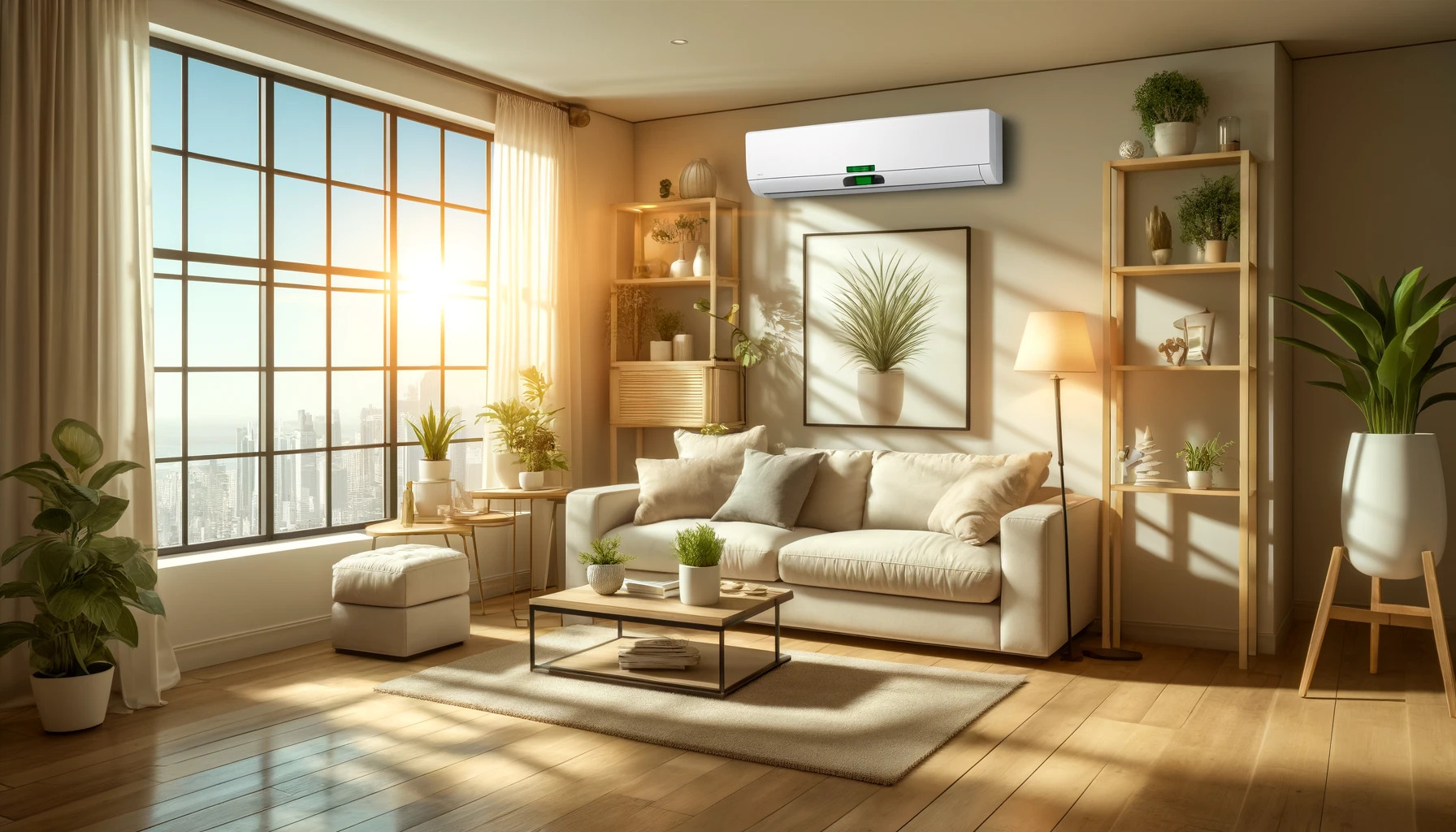
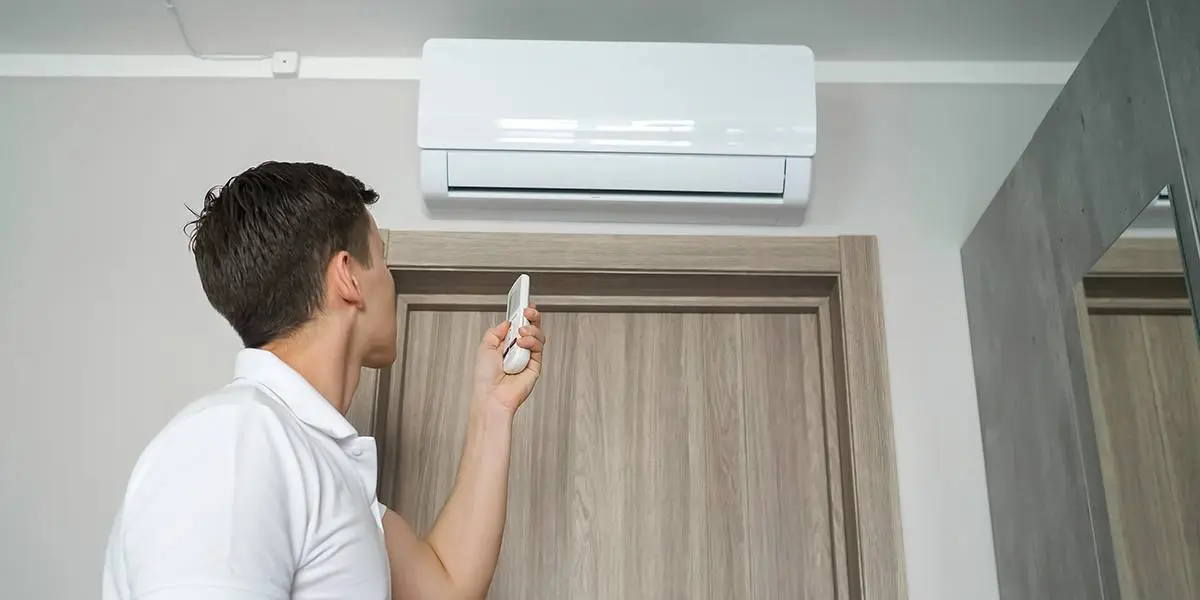
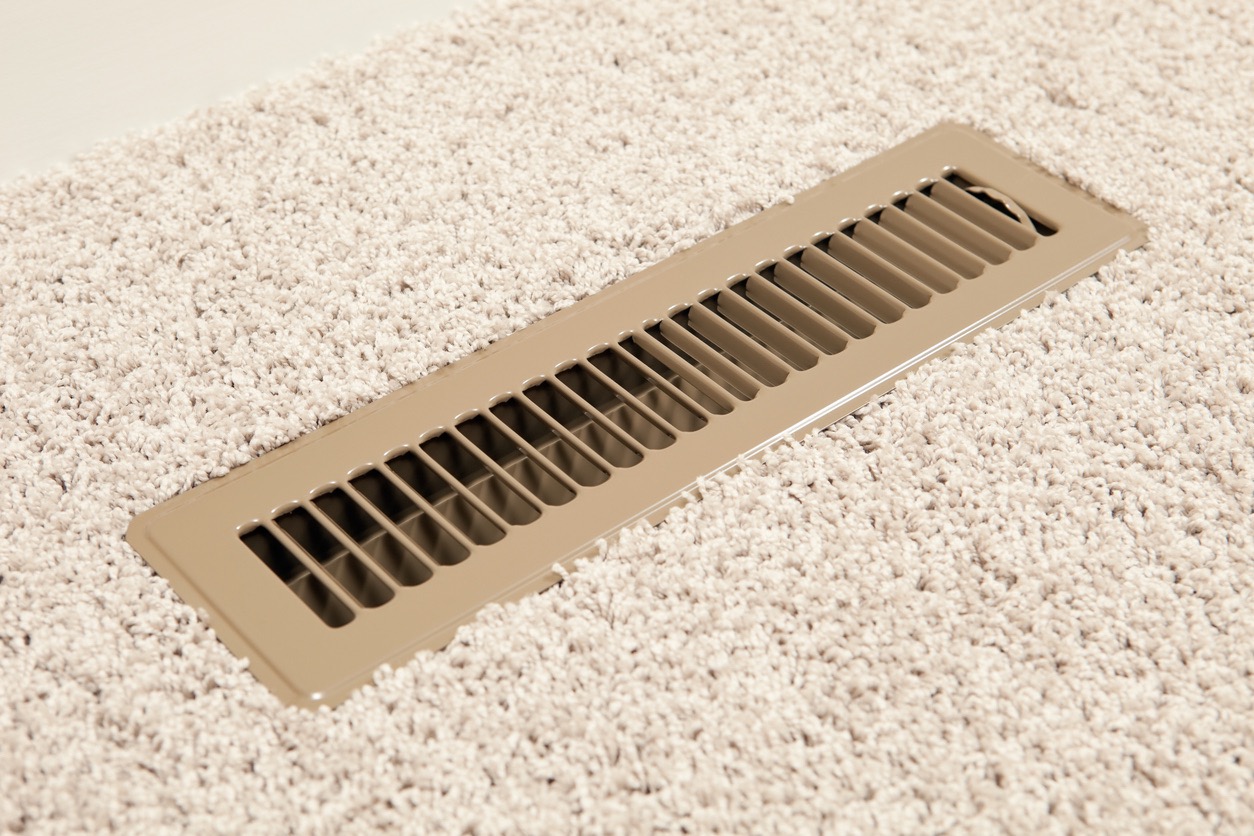
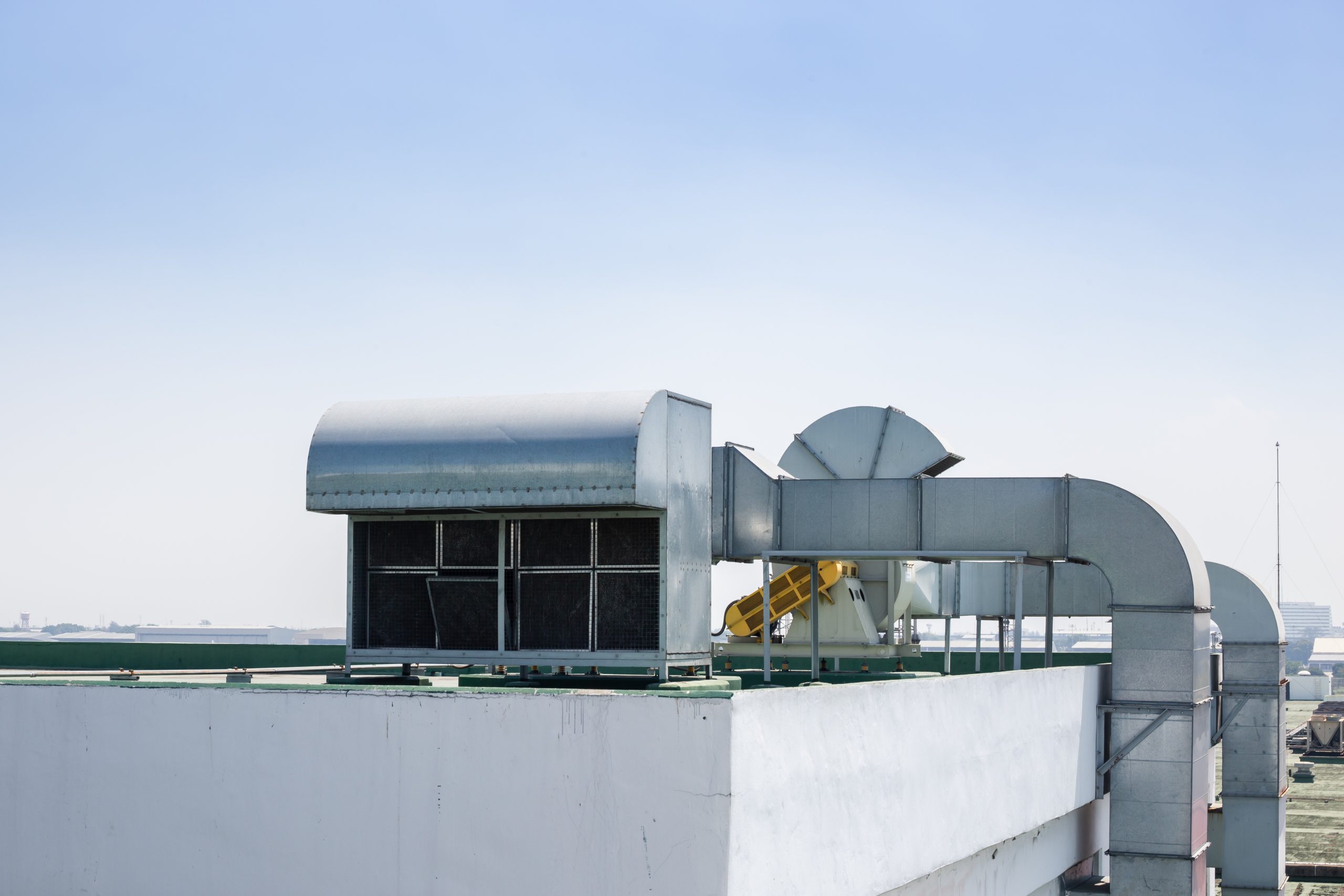
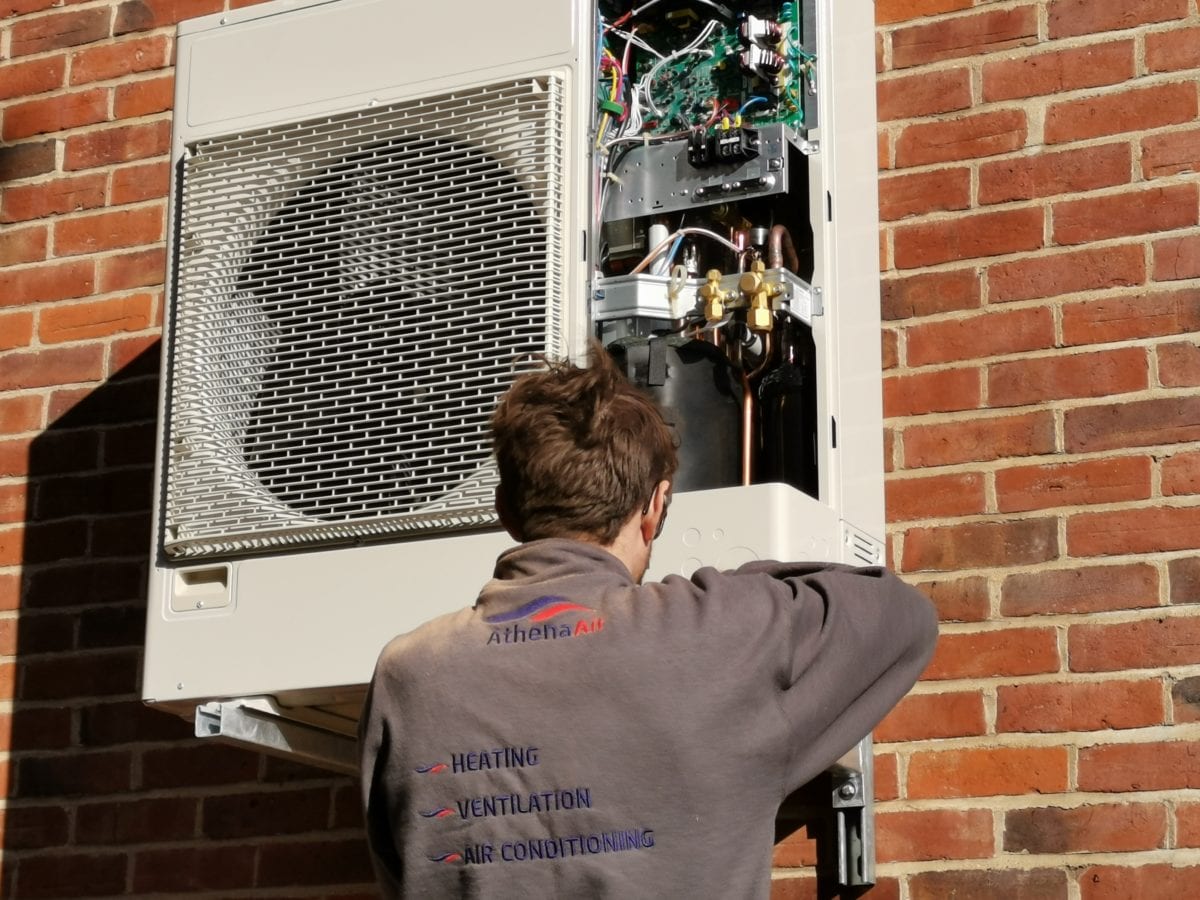
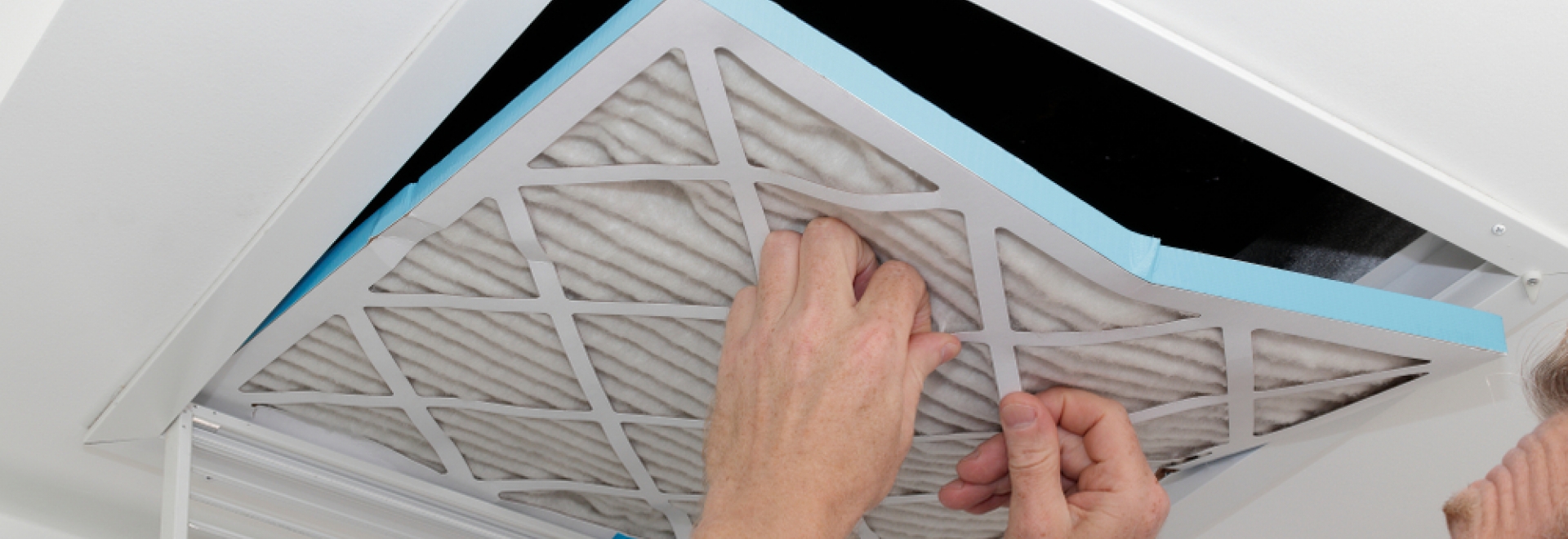
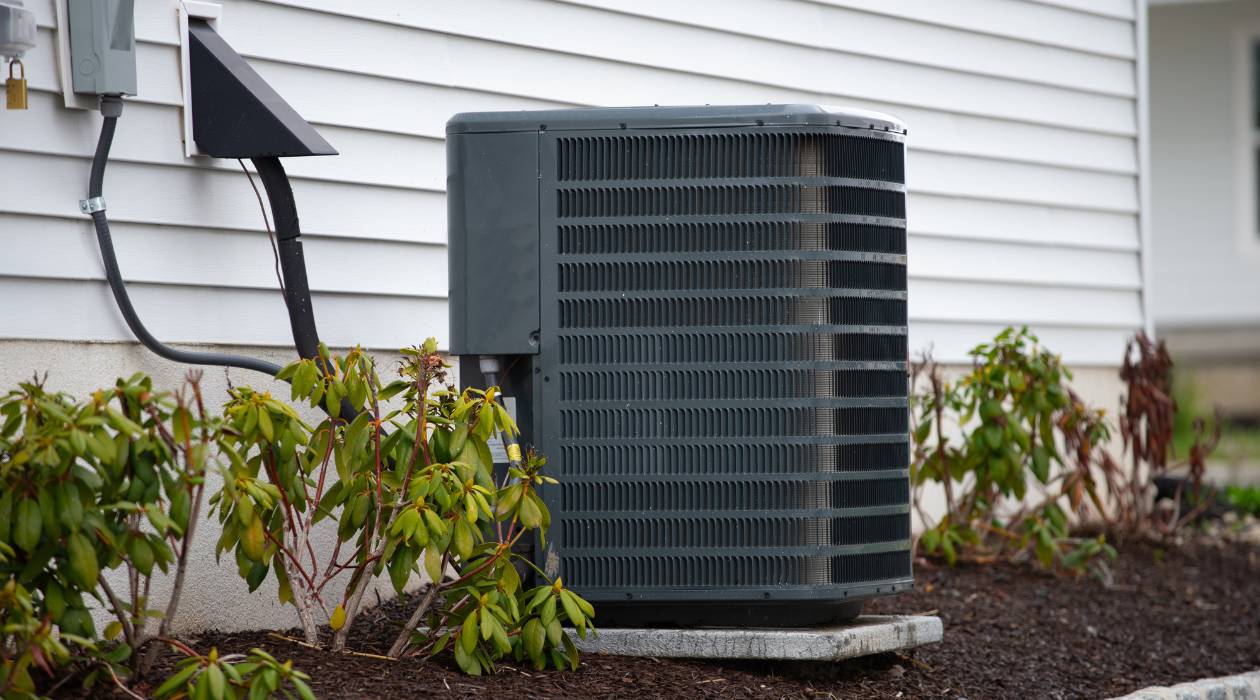

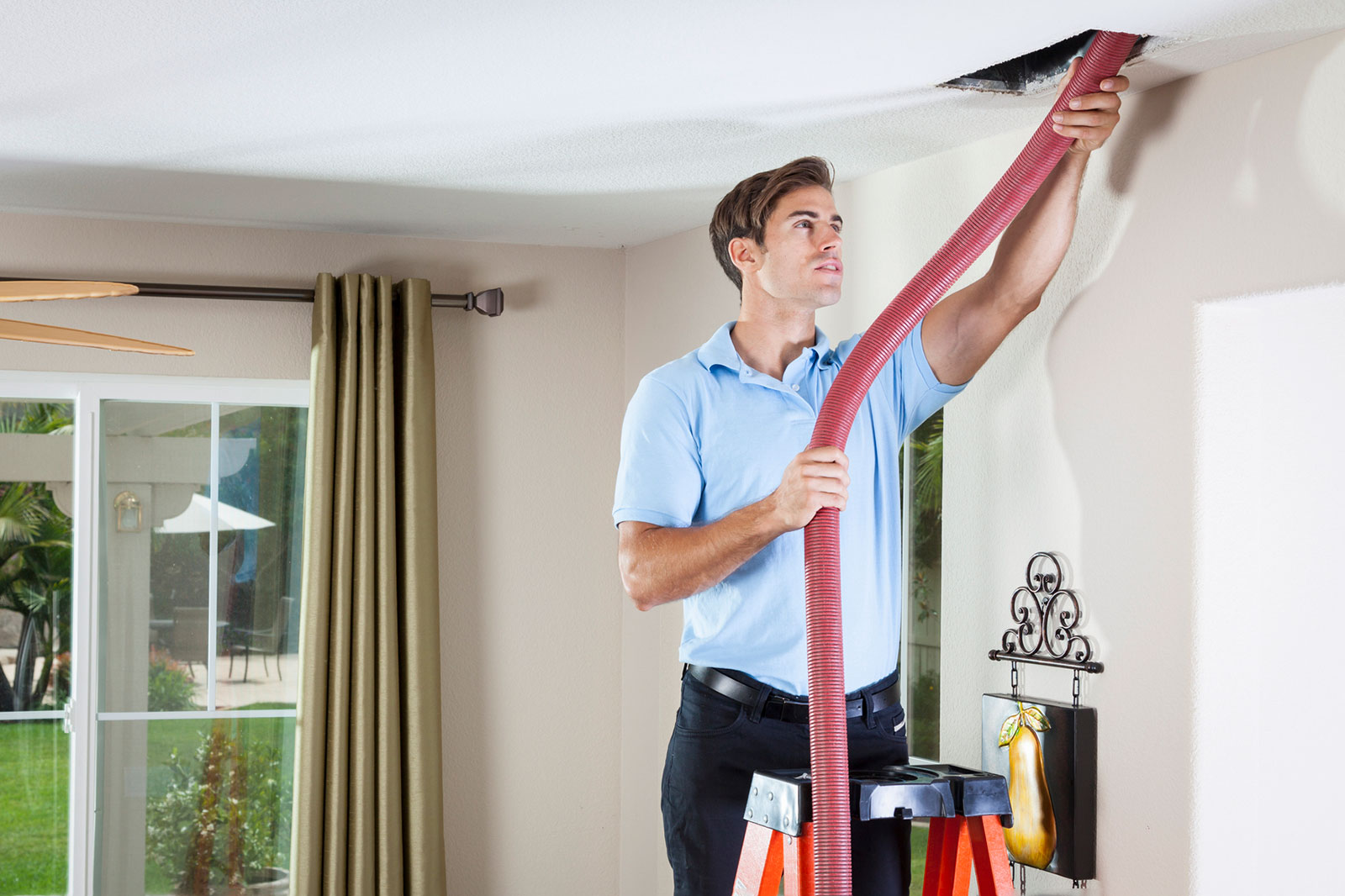
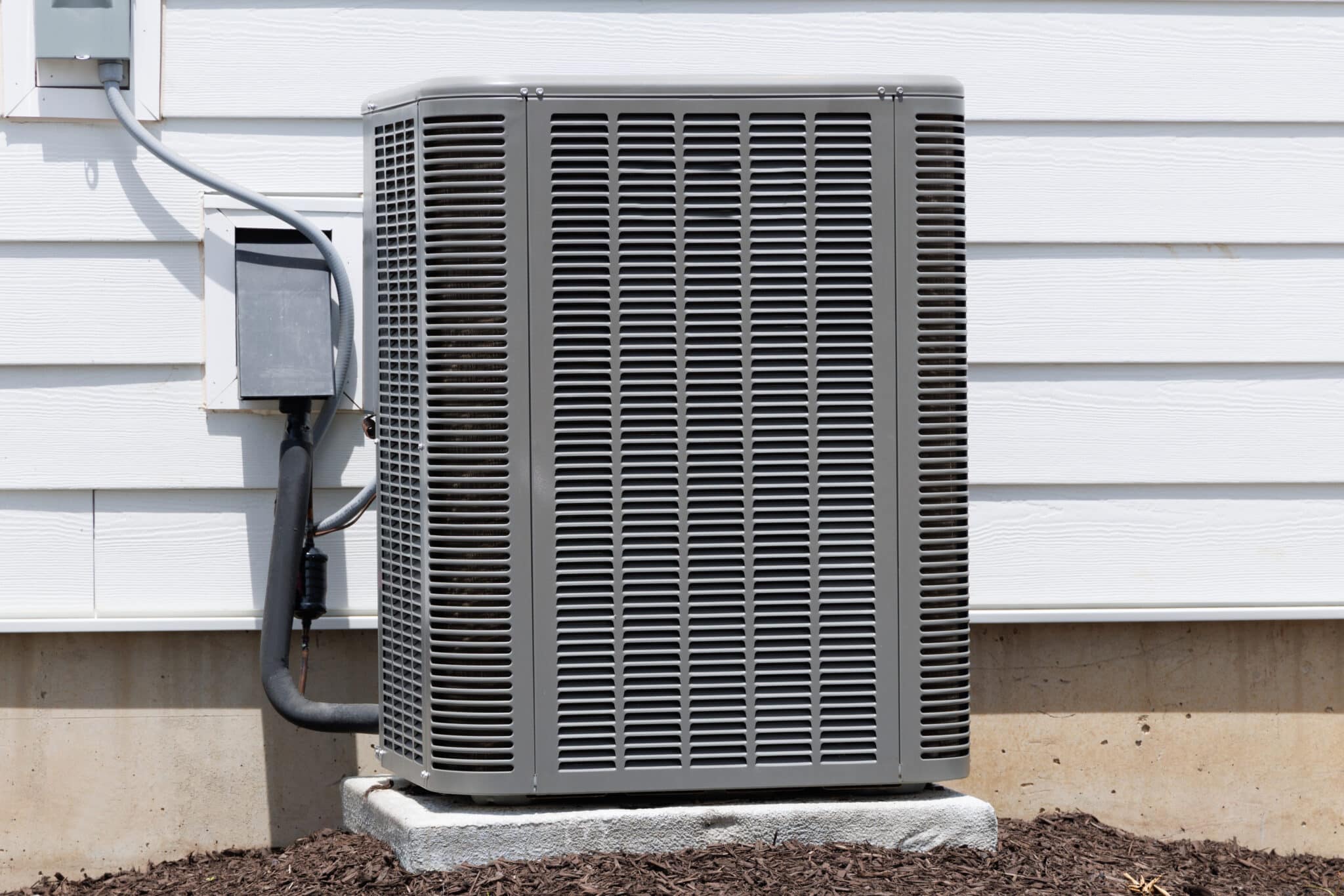
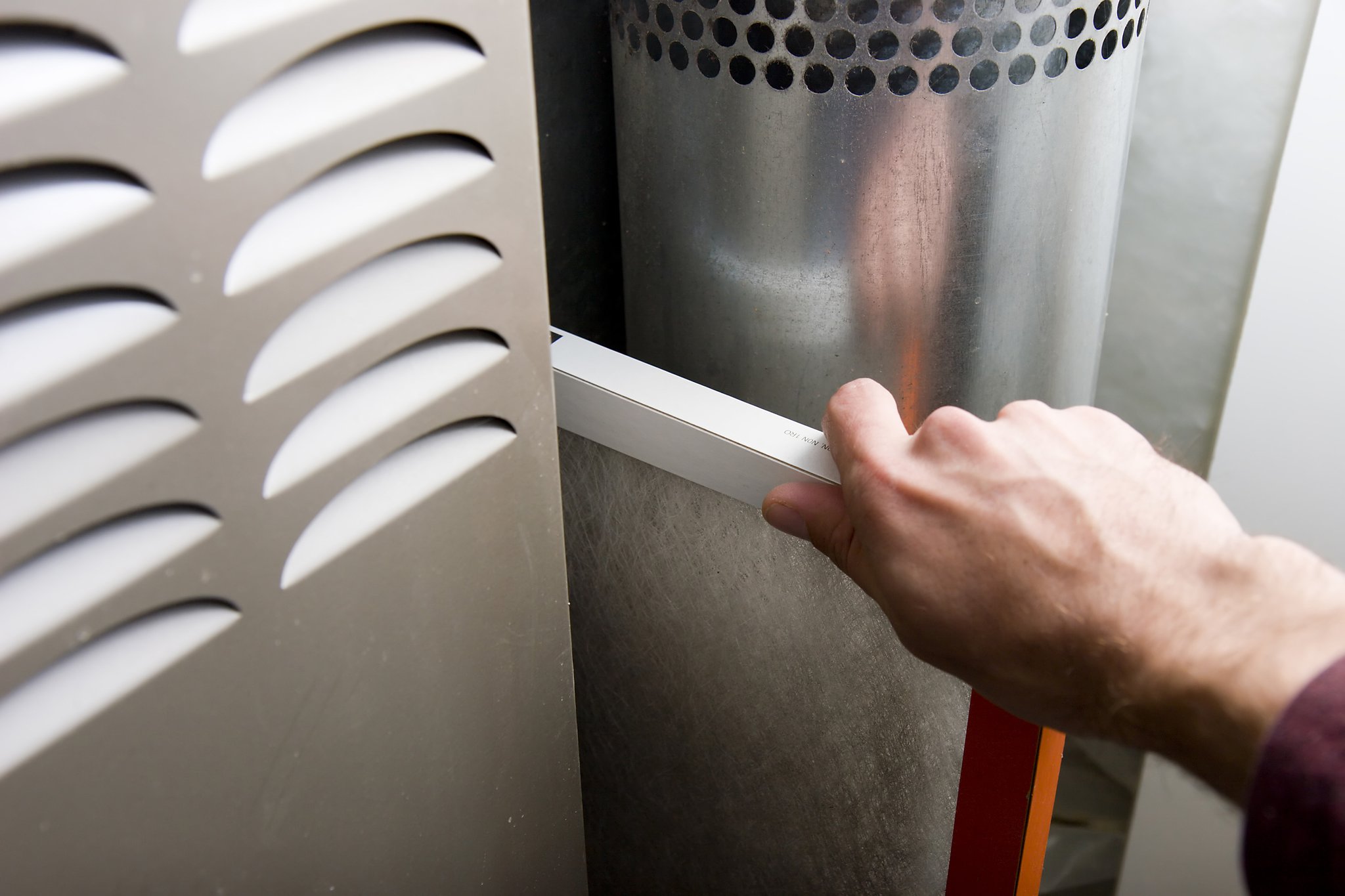
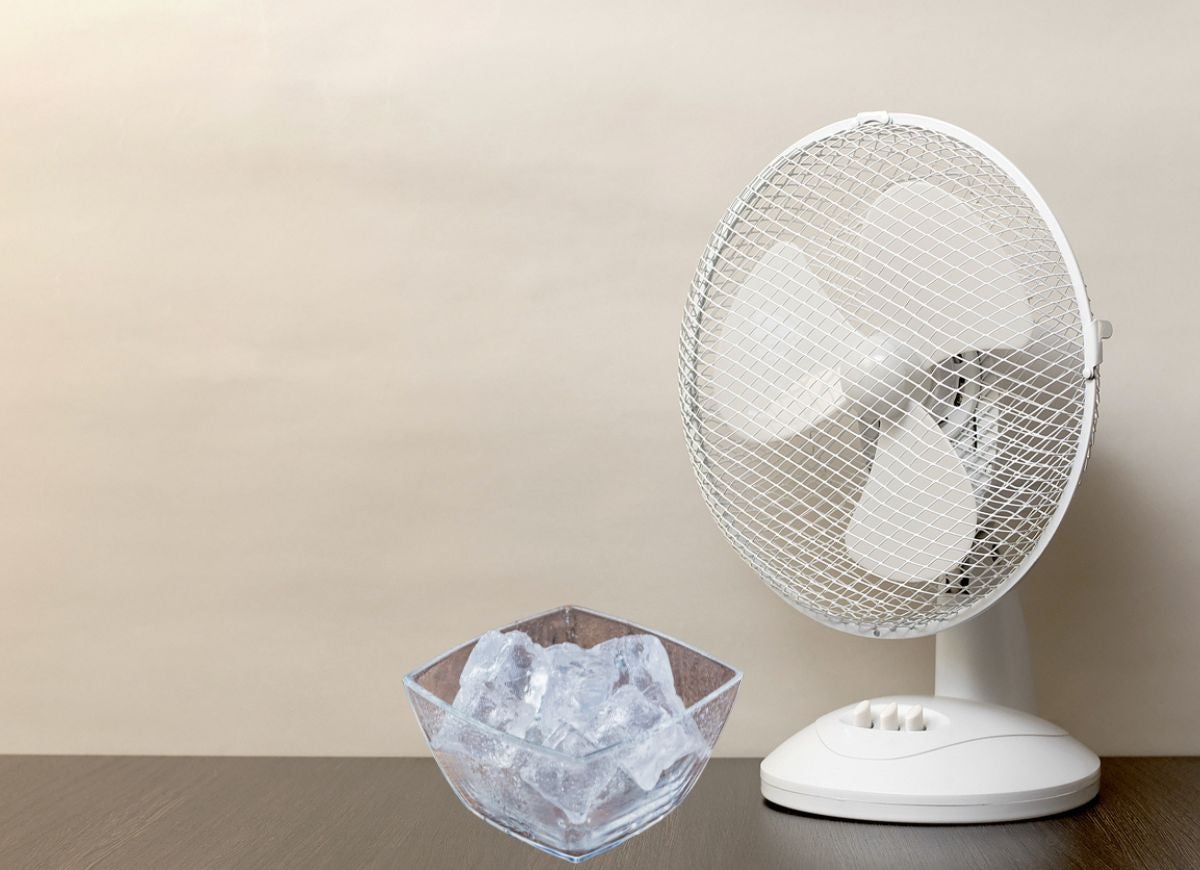
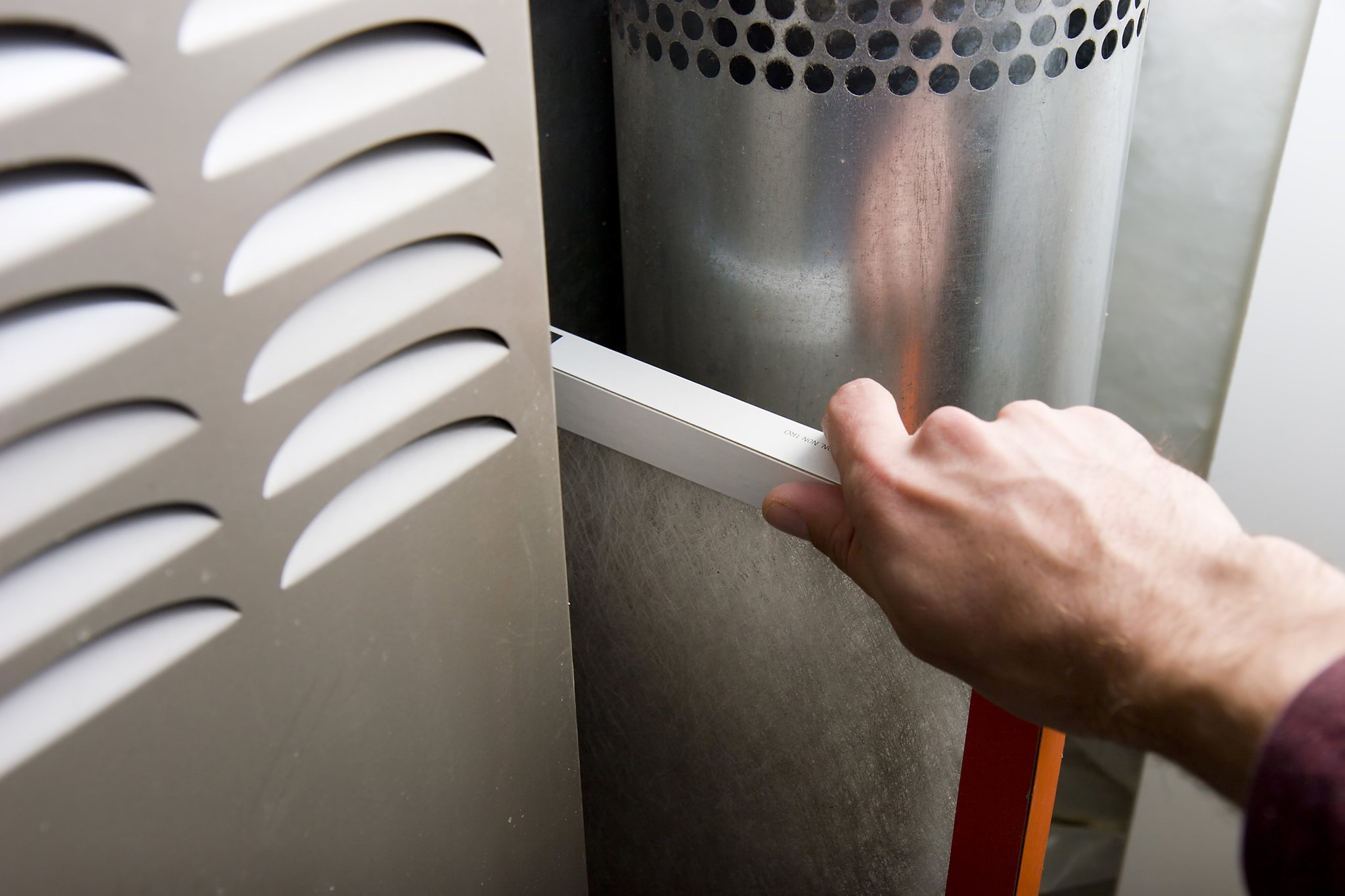


0 thoughts on “How Cold Should HVAC Air Be”